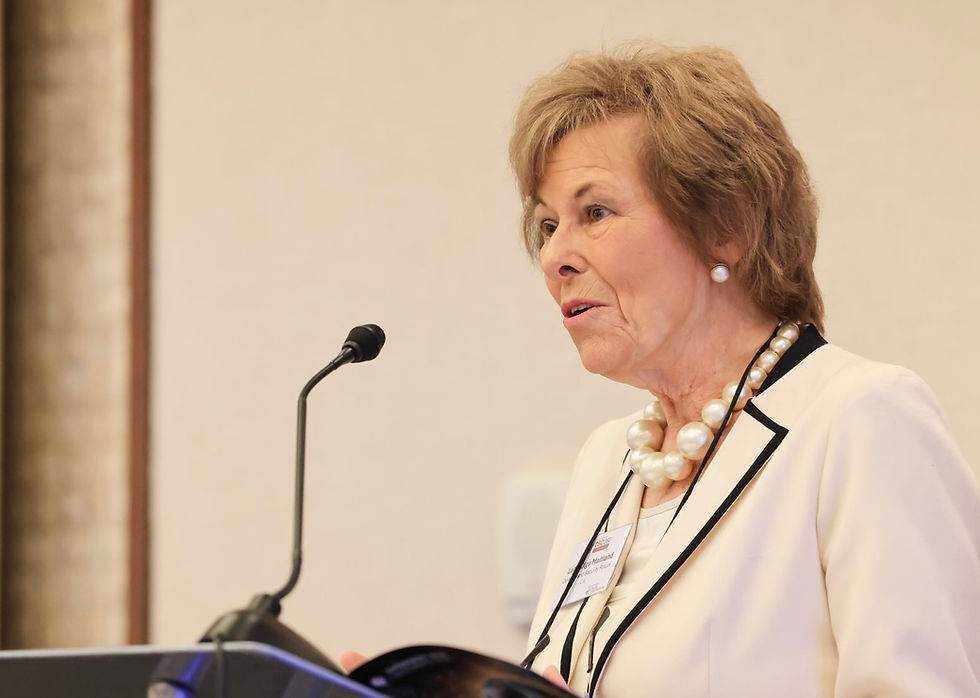What price peace? The struggle for the soul of Ukraine
- noahbergman3
- Apr 30, 2025
- 2 min read
By Lady Olga Maitland
30 April 2025

‘Tis always thus. Peace negotiations amid war are dangerous, painful, and messy. The gravest risk is not just the terms of any deal, but the precedent it sets: legitimizing illegal invasions would render international law meaningless, with far-reaching consequences—particularly for Europe.
Vladimir Putin is pushing hard to formalize Russia’s hold over Crimea and the eastern Ukrainian regions it has seized. For Volodymyr Zelensky, the fight is as much about principle as survival—what is fair, right, and just versus the brutal arithmetic of realpolitik. My source, close to Ukrainian officials, frames it starkly: “This is a struggle for the soul of Ukraine. In the end, there may be no choice: Zelensky is cornered. The practical, ‘today solution’ may win out over what is moral and just. But publicly, he must stand firm.”
Kashmir Shootings: The Blame Game. Who was responsible?

The deadly attack in Kashmir, which left 26 dead, was perpetrated by five gunmen who identified themselves as members of the Resistance Front (TRF), a local militant group operating in the Muslim-majority Kashmir. They targeted Hindu men, their assault a bloody protest against Prime Minister Modi’s revocation of Kashmir’s autonomous status, and his preferment of the minority Hindu community.
India swiftly pointed the finger at Pakistan, accusing it of backing the militants—a charge Islamabad denies. An expert on the region, journalist and historian Victoria Schofield says: “This will have been a local group. The fact is, there is deep disaffection in Kashmir amongst the Muslim community, and alas some will take extreme and horrific actions as a manifestation of their anger.” She concluded: “The grim reality, as ever, is that Kashmiris bear the brunt of this conflict. In the end, India blames Pakistan, Pakistan blames India. Kashmiris suffer. However neither side can afford an all out war, and so the cycle continues.”
Iran’s Nuclear Diplomacy: A Fragile Thaw

One triumph of Donald Trump’s first 100 days: restraining Benjamin Netanyahu from bombing Iran’s nuclear facilities. While there is sharp debate on this in Israel, talks are well advanced on a deal, with Oman acting as mediator. Mr Netanyahu says, “A bad deal is no deal,” while Mr Trump insists “a deal will happen.”
My Tehran source is hopeful, paying tribute to the role of the Omani government. He added, “These are early days, and there are many players who are dissatisfied with the current direction of talks. It is encouraging though that Saudi Arabia has adopted a positive stance towards a possible agreement between the United States and Iran.”
One point to note. It is in Iran’s interest to be constructive. The country face severe economic challenges and is eager to rebuild its relations with the US. Since the talks began, the Iranian currency has appreciated around 20% against the US dollar. My source went on: “This is a significant development, and I sincerely hope it will pave the way for Iran to fully reintegrate into the international community.”



Comments